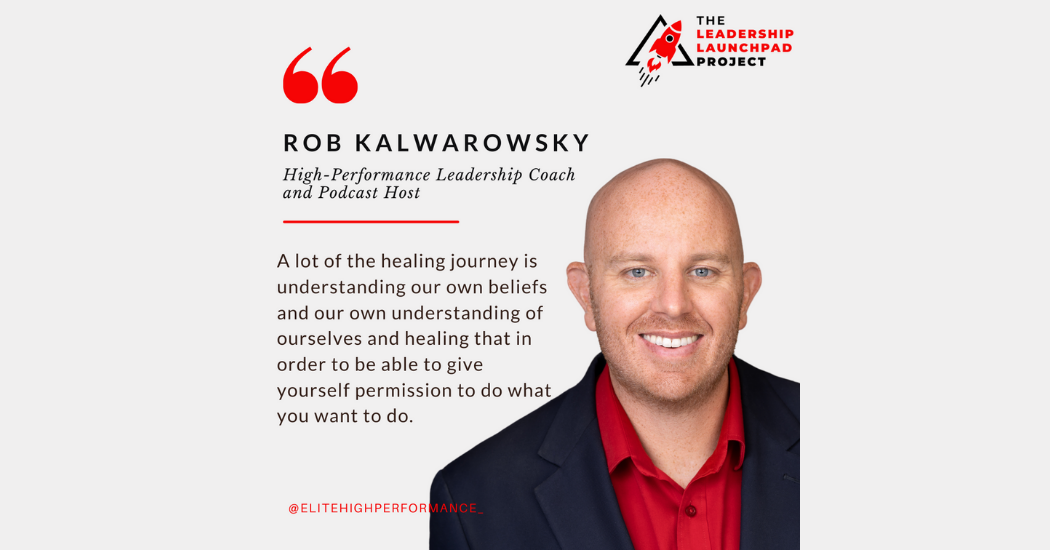“Why do you stay in prison when the door is so wide open?” Rumi
For many of us, we are in a prison of our own minds. Our childhood experiences, our parents, our teachers, our society have all taught us beliefs about what we “can” or “can’t” do, how we “should” or “shouldn’t” live and, ultimately, who we “can” or “can’t be”.
They gave us limitations. They gave us bars to hold us in prison.
Most of those beliefs are taught to us with good intentions; to try and keep us safe & alive. But as we become adults, some of those beliefs stick with us and they are keeping us from the lives we want to live, the impact we could have and the people we truly are.
Those beliefs (our mindset) affect our performance & our leadership.
Let’s take an example of 2 people on our team. They are both bright, hardworking & innovative people who have equal potential to be amazing. Person A skipped a grade in elementary school and was bullied for being “too smart” and “a nerd”. Person B was constantly rewarded by their parents & teachers for speaking up, answering questions, and performing.
Now, they are grown up in the working world. But, since beliefs are mostly formed in childhood, they perform vastly differently at work:
- Person A never speaks up, they never share their ideas and, if anything, they try to pass off their brilliance to someone else. Why? Because they believe that standing out means they will be rejected.
- Person B always speaks up at every meeting, regardless if they have innovative ideas or not. They claim credit, ideas & drown out others. Why? Because they believe that standing out means they will be loved & accepted.
For leaders, we must first dig into our own mindsets and see if we have any limiting beliefs. Are we holding ourselves back like Person A? Many people don’t speak up because they fear that they will say something “stupid” or they don’t feel “qualified”. Or are we like Person B? Are we dominating meetings and losing out on great ideas from our team?
In addition, as leaders, we must identify these beliefs in our people, open space for them to cultivate their self-awareness, and provide opportunities for them to unleash their highest potential.
That’s Leadership 2.0 & the Leadership 2.0 mindset.
If that wasn’t enough for you to want to start understanding and architecting your Leadership 2.0 mindset towards your goals, here are 2 statistics that might change your mind:
- 95% of your decisions are made by your subconscious mind based on the beliefs/mindset you developed as a child. Are you sure those old beliefs are still aligned to your goals as an adult?
- According to Harvard Business Review, organizations spend $356 billion on leadership training each year and only 25% is effective because it fails to address the leaders’ mindsets.
Understanding and architecting our Leadership 2.0 mindset is pivotal in us living our best lives, achieving our goals, and becoming the people we want to be. To start your process of self-awareness, I’ll give you 2 questions for self-reflection. These questions can give you an understanding of the beliefs you have about yourself & about how you interact in the world. Take some time to reflect and notice if any beliefs come up which are holding you back from being your best self.
Why are you where you are?
Why are you the way you are?
About the Author:
Rob is on a mission to spread the message of people-centric leadership & the importance of mental health throughout the world. Rob envisions a world where happiness, inclusion, psychological safety & engagement are commonplace in the workplace. Rob is a Fearless Organization Practitioner & an Elite High Performance leadership coach. Before transitioning into leadership, Rob spent over 10 years as an engineer within mining, oil pipelines, and consulting in heavy industry. Rob is also the co-host of The Leadership Launchpad Project & Dismantling the High Performance Narrative podcasts and the founder of Maintenance Disrupted. Prior to starting his career, Rob graduated from the Massachusetts Institute of Technology (MIT) with a Bachelor of Science degree in Mechanical Engineering with a minor in Management, was a 3-time Academic All-American in NCAA Water Polo, and played on the U18 Canadian National Water Polo team.
Book a Call with Rob




